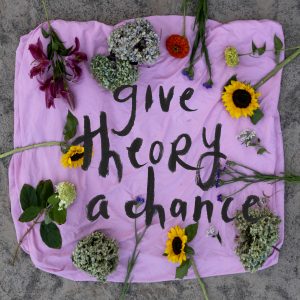In this episode, we are joined by Dr. Amanda McMillan Lequieu, Assistant Professor in Sociology at Drexel University in Philadelphia, Pennsylvania and author of the forthcoming book Who we are is where we are: Making home in the American Rust Belt. Amanda joins us to discuss Kai Erikson’s Everything in its Path: Destruction of Community in the Buffalo Creek Flood (1976). Amanda introduces us to Erikson’s subtle approach to theorizing which he employs to better understand the Appalachian community’s response to environmental disaster. As she guides us through excerpts from the book, Amanda helps us understand Erikson’s concepts of community and communality, as well as the importance of time, space, and place to his theorizing. We conclude with a short discussion of potential critiques of Erikson’s classic work.
As always, a pdf of the two chapters discussed (‘Collective trauma: the loss of communality’ and the ‘Conclusion’) are available here.
Podcast: Play in new window | Download
Subscribe: RSS


